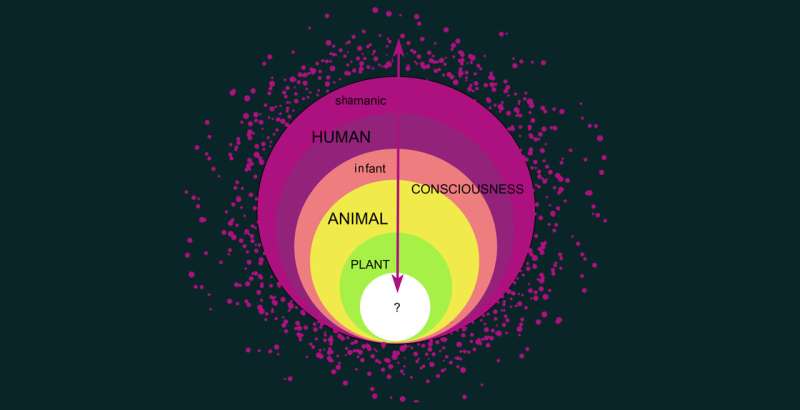This article has been reviewed according to Science X's editorial process and policies. Editors have highlighted the following attributes while ensuring the content's credibility:
fact-checked
trusted source
proofread
Exploring Indigenous concepts of consciousness

In a world where scientific advancements continually shape our understanding of the universe, a new study sheds light on the immense potential of Indigenous concepts and meanings for contemporary science. The study explores how this ancient wisdom represents adaptive solutions in various environmental and social contexts, sparking inspiration for the scientific community.
The research, conducted by a team of cultural anthropologists and psychologists, delves into the vast diversity of Indigenous cultural understandings of consciousness. Past studies have previously shown significant variations in the conceptualizations of consciousness across different cultural groups from various geographical regions. This present work takes a closer look at the rich tapestry of a few of the thousands of Indigenous cultural interpretations of consciousness.
One striking revelation from the study is that Indigenous concepts of consciousness often go beyond individualistic perspectives. Instead, they are intricately woven into relational and inseparable connections with the environment and religious beliefs. The profound interplay between consciousness and the external world opens up new avenues for understanding the human experience.
The research further uncovers the multiple layers of understanding that some Indigenous communities possess regarding consciousness. These diverse layers add depth and richness to their comprehension of the conscious experience of the world, illuminating alternative viewpoints for modern science to consider.
One of the most surprising findings is that Indigenous understandings of global consciousness do not necessarily oppose local consciousness. Instead, they offer a holistic perspective that harmonizes the individual with the broader interconnectedness of all living beings.
The study's concluding section highlights potential applications of Indigenous concepts and meanings in recent scientific debates revolving around the nature of consciousness. Issues, such as the duality of material versus non-material sources of consciousness, the role of energy in shaping consciousness and the intricate interconnection between consciousness and the environment, emerge from this in-depth exploration.
Dr. Radek Trnka, the corresponding author, shared his thoughts on the implications of the study, "The knowledge held by Indigenous communities offers profound insights into the very fabric of consciousness. By incorporating this ancient wisdom into our contemporary scientific discourse, we open up new vistas of understanding and pave the way for a more holistic and interconnected perspective on consciousness."
The research not only fosters cross-cultural appreciation but also highlights the importance of preserving and respecting Indigenous knowledge systems. It serves as a call to action for the scientific community to recognize and integrate these valuable perspectives, fostering a more inclusive and diverse approach to understanding consciousness.
"Experiencing and using collective effervescence (collective consciousness), altered states of consciousness, and synchronization is also widespread in Indigenous cultures, mostly for healing purposes and maintaining relationships with other beings and entities. Research of consciousness in this area is still limited in Western science. Thus, Indigenous psychology and Indigenous science could be valuable sources of inspiration for Western science," Trnka concluded.
As the world continues to seek answers to profound questions about the human mind and its connection to the universe, this study serves as a beacon of hope, bridging the gap between traditional wisdom and modern scientific exploration.
The work is published in the Journal of Consciousness Studies.
More information: Radmila Lorencova et al, Variability in Cultural Understandings of Consciousness: A Call for Dialogue with Native Psychologies, Journal of Consciousness Studies (2023). DOI: 10.53765/20512201.30.5.232





















